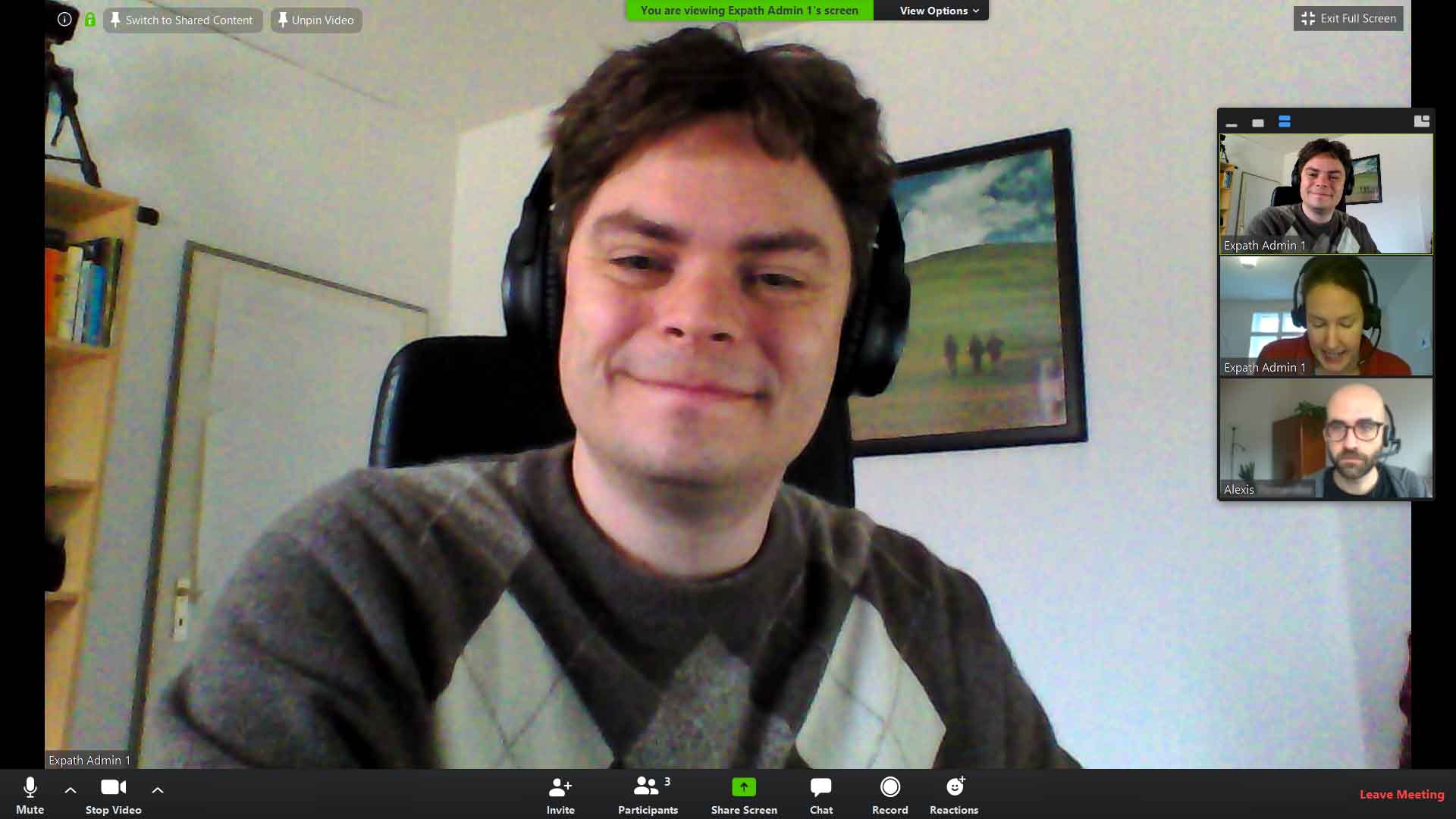How Germans talk about hiding places
The most commonly used word for “to hide” in German is “verstecken” (related to the English “to stick” in the sense of sticking or putting something where it can’t be found). Less common is “verbergen” (related to the English “bury”). The word “ausblenden” specifically means “to fade out”, “blind out” or “mask out” in a more modern context.
The noun for “hideout”, “hiding place”, “hideaway” or even “cache” is “Versteck” (n.). Far less common, and specific to the meaning of “hideout” is “Unterschlupf” (m.) or “Schlupfwinkel” (m.), both related to the English “to slip” in the sense of a hole into which one can slip away. The German word for the game “hide and seek” is “Verstecken (spielen)”.
Examples:
– “Er hat die Ostereier gut versteckt.” – “He’s hidden the easter eggs well.”
– “Der tiefere Sinn ist verborgen.” – “The deeper meaning is hidden.”
– “Hinter dem Sofa ist ein gutes Versteck.” – “Behind the sofa (there) is a good hiding place.”
– “Die Räuber waren sicher in ihrem Unterschlupf.” – “The robbers were safe in their hideout.”
Listen up, lurkers!
We filmed an entire beginner German course!
More cool stuff from Expath













